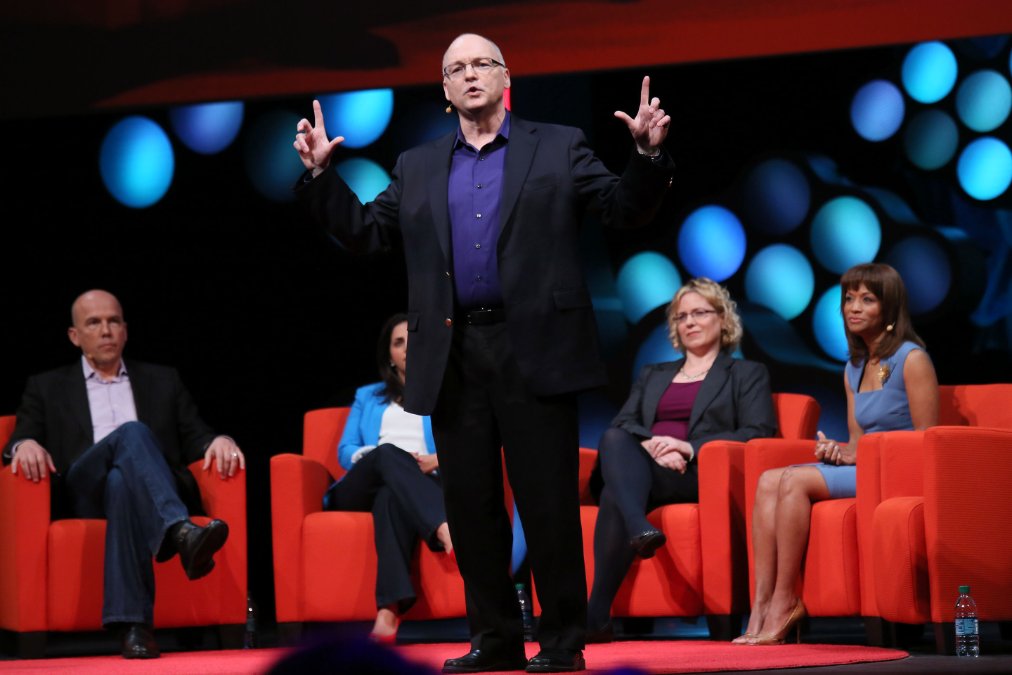Social media has made it incredibly easy to maintain a large social network. Facebook tells you what friends are doing. You get alerts about birthdays and the relationship status of someone you might not have talked to in months. Twitter lets you follow the thoughts and even hunger pangs of people you met at a conference last summer. These engines provide points of reference for maintaining relationships and simple talking points for chance encounters. But has it also devalued relationships?
There is an argument that relationship maintenance, which was once predicated on writing letters, face-to-face interactions or making phone calls, has degenerated into a string of text messages or Facebook pokes because of communication innovations. It begs the question, is the humanity in connecting with others being lost to the convenience of machines and Internet connectivity?
It would depend on the relationship. MIT’s Sloan review carried an article called “The Power of Reconnection – How Dormant Ties Can Surprise You” that discusses the benefits of reconnecting with long lost colleagues and friends.
Before the Internet, the average individual maintained between 100-200 relationships. There just wasn’t time to do more than that. Now people have hundreds, if not thousands, of social connections on Facebook, Twitter, or LinkedIn, are forums conducive to maintaining distant acquaintances. Sending an acquaintance a message or note once or twice a year that conveys well wishes with something that made you think of them is easy to do. More, this consistent contact provides a premise for reconnecting with this contact if the need or interest arises at later time.
Despite the benefits of social media, personal relationships, with close family and friends, can be negatively affected if allowed. The evolution of communication has favored efficiency and brevity, which are probably not the desired lynchpins for communication with loved ones. The standard for business communication is a phone call or an email, which includes small talk and then conveying information. Sending a text to a client would be inappropriate because it is too informal. Yet we know our close friends won’t mind if they get a text or message with information, because they understand we just don’t have time right now to chat. But this can easily become the norm for communication, and that’s when personal relationships are negatively impacted. The people closest to you are the ones who want to have the small talk, chitchat and discussions about deeper issues. How do you do that through texting or emails? You can’t. Rather than letting the relationships atrophy through ambivalence and behavioral inertia, it’s important to have the involved communication with those you care about.
Technology’s evolution is often a two-sided sword, and not just for relationship management. Hand held devices make it easy to communicate from everywhere, but doing so while driving is shockingly common and dangerous. The ability to consistently multi-task has shortened our attention spans and led to thirty-second news stories that are all headlines, because people don’t have time to read, watch or listen to a five-minute explanation of each story. The much of the current budget crisis communication is being done through in headlines rather than in meetings, because popular opinion has a large effect on Washington’s political landscape and can be instantly affected through online publications.
Societal innovations are a result of the popular demands of the market, but it is important to pay attention to the effects of these innovations and the externalities on other aspects of life. Yes, technology makes it incredibly easy to stay connected with many more people, but it is the effort in doing time-consuming communication that lets others know you care. Sometimes, as the saying goes, you just need to pick up the phone and call your mother.

Jeff DeGraff is the Dean of Innovation – an author, speaker, and advisor to Fortune 500 companies and mission-driven organizations worldwide. He’s the CEO and Founder of Innovatrium, Founder of Intellectual Edge Alliance, and Clinical Professor of Management and Organizations at the Ross School of Business at the University of Michigan. Jeff co-created the Competing Values Framework and developed the Innovation Code and Innovation Genome methodologies which provide organizations with practical tools to reconcile competing priorities and drive breakthrough performance. His mission is the democratization of innovation: making systematic innovation accessible to everyone, everywhere, every day.
